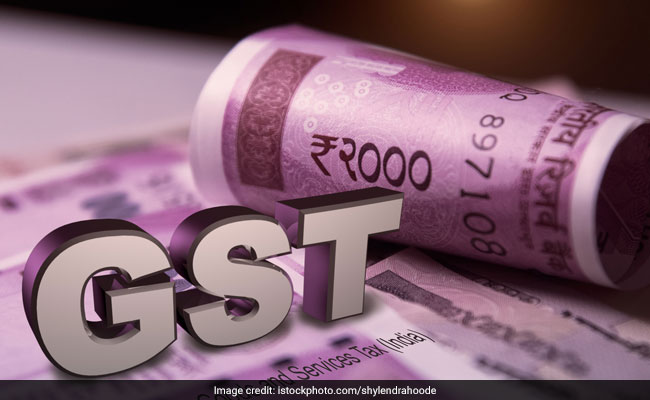
The historic GST or goods and services tax will be launched midnight at a function in Central Hall of Parliament. The biggest tax reform since Independence will change the indirect tax landscape of the country, subsuming over a dozen central and state taxes. GST embodies the principle of "one nation, one tax, one market", unifying the country's $2 trillion economy and 1.3 billion people into a common market. Despite various tax rates of 5, 12, 18 and 28 per cent, and many exceptions, the new tax regime is aimed at eliminating the cascading tax structure, easing compliances and lowering tax burden on consumers.
Here is a 10-point cheat-sheet
The biggest game changer in GST is input tax credit, where credits of input taxes paid at each stage of production or service delivery can be availed in the succeeding stages of value addition. This means that the end consumer will thus only bear the GST charged by the last point in supply chain, with set-off benefits at all the earlier stages.
To ensure that manufacturers and service providers pass on the benefit to the final customer, the government has included an anti-profiteering clause in the GST law. Under this, it becomes mandatory to pass on the benefit tax reduction due to input tax credit to the final customer.
Petroleum products such as petrol, diesel and aviation turbine fuel have been kept out of GST as of now. The GST Council will take a decision on it at a later date. Alcohol has also been kept out of GST.
The implementation of the GST is not expected to have a material impact on overall inflation, the Reserve Bank of India said in its latest monetary policy statement. Economists also predict a benign inflation regime with global crude prices remaining soft and forecast of normal monsoon. Though the tax rates in some select services categories go up, overall inflation may not be impacted significantly, according to economists at DBS Bank, who say the overall tax burden will get lowered over time.
The change in service tax rate will get reflected from Day 1 of implementation. Some services will get costlier as financial services and telecom have been put in the 18 per cent rate slab under GST, from 15 per cent earlier. Education and healthcare will continue to be exempt from taxation. "The impact of GST on service sector in the short term could be inflationary as the tax rate would immediately shoot up to 18 per cent. However, going forward, it is expected that due to reduced cost because of availability of GST credit on items hitherto not available, the price of services will come down which will benefit the consumers," said Sandeep Sehgal, director-tax and regulatory at Ashok Maheshwary & Associates LLP.
However, prices of many common goods at the stores are likely to remain unchanged in the initial days despite change in tax rate after the GST rollout, say experts. Manufacturers may wait for a few weeks to gauge the net impact of GST on them as well as on wholesalers and distributors and may revise the prices accordingly later, says Mr Sehgal.
In earlier regime, on goods having an MRP, the excise duty was paid by manufacturers on MRP based on a certain formula, says Mr Sehgal. However, in GST, there is no such concept and tax will be charged only on transaction value for all goods, he adds.
Domestic stock markets have come off recent highs in the run-up to the GST amid some cautiousness over its implementation. In the near term, the markets are looking at the implementation of GST, says Dhiraj Relli of HDFC Securities, which sees Nifty hitting new highs of 10,300-10,400 this fiscal year. Analysts say that markets will need some time to adjust to the GST implementation process, which could partially hurt corporate earnings in the short term but will boost earnings over the long term.
Small traders with annual turnover less than Rs. 20 lakh are exempt from GST registration.
In further relief to small businesses, under the composition scheme, they will benefit from not having to meet with detailed compliances under GST. However, they will not get the benefit of input tax credit. If businesses opt for the composition scheme, traders with turnover below Rs. 75 lakh will have to pay 1 per cent tax on turnover. Manufacturers will have to pay 2 per cent while restaurant businesses will have to pay 5 per cent.

